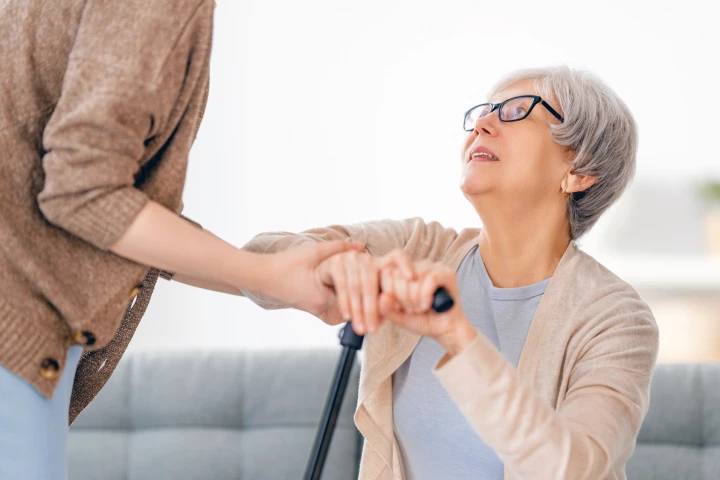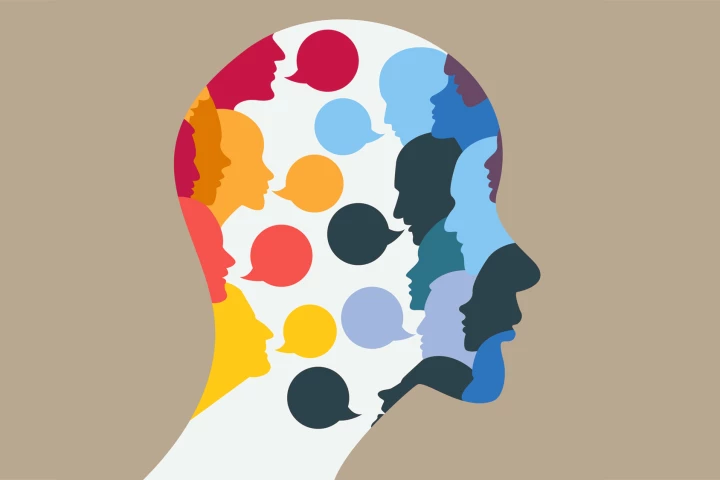mental health
-
Nitrous oxide, known as laughing gas, has shown rapid antidepressant effects in people with depression, with symptoms easing within hours of inhaling it. The treatment involves breathing in a mix of nitrous oxide and oxygen for up to an hour.
-
In a landmark shift in how mental health conditions are treated in the near future, the US Food and Drug Administration has approved the first at-home brain-stimulation device that can rapidly relieve moderate to severe depression symptoms.
-
If you're after a free, simple boost for pushing through challenges, try swearing your way to your goals. A new study has uncovered the surprising psychological effect that cursing in the heat of the moment has – for the swearer, at least.
-
A new “audio shield” uses earbuds connected to hand-mounted microphones for hearing the subtle sounds of everyday tasks. The mechanism helps users block the perpetual hurricane of distractions and achieve mindfulness, reducing the effects of ADHD.
-
In a breakthrough, scientists have discovered that a variant in one gene can cause mental illnesses – something previously believed to only be the result of several variants working together. What's more, these conditions often develop in childhood.
-
Groundbreaking research has uncovered three gene variants that increase the risk of attention-deficit/hyperactivity disorder by up to 15 times. It's a remarkable finding, considering that thousands of mutations only come with a nominal elevated risk.
-
In the most comprehensive investigation of the ketogenic diet’s mental health effects yet, researchers pooled 50 studies spanning six decades to see what we actually know about its influence on mood. The results are a mix of promising and uncertain.
-
Scientists have identified a significant link between levels of choline and the prevalence of anxiety, suggesting that upping intake of this essential nutrient found in many foods could potentially improve symptoms of these debilitating disorders.
-
Starting cannabis use before the age of 15 may set the stage for future health struggles, according to a new study linking early cannabis use to higher odds of both mental and physical health problems in young adulthood.
-
Even brief, friendly interactions can lift the emotional weight of dementia caregiving, with new research showing that connections, especially casual ones, offer powerful protection against loneliness and isolation.
-
For decades, scientists have suspected that the voices heard by people with schizophrenia might be their own inner speech gone awry. Now, researchers have found brainwave evidence showing exactly how this self-monitoring glitch occurs.
-
New research challenges fears about stopping long-term prescription opioid use, uncovering no associated rise in suicide risk and a sharp drop in overdose death. The findings offer reassurance for clinicians and patients managing chronic pain.
Load More











